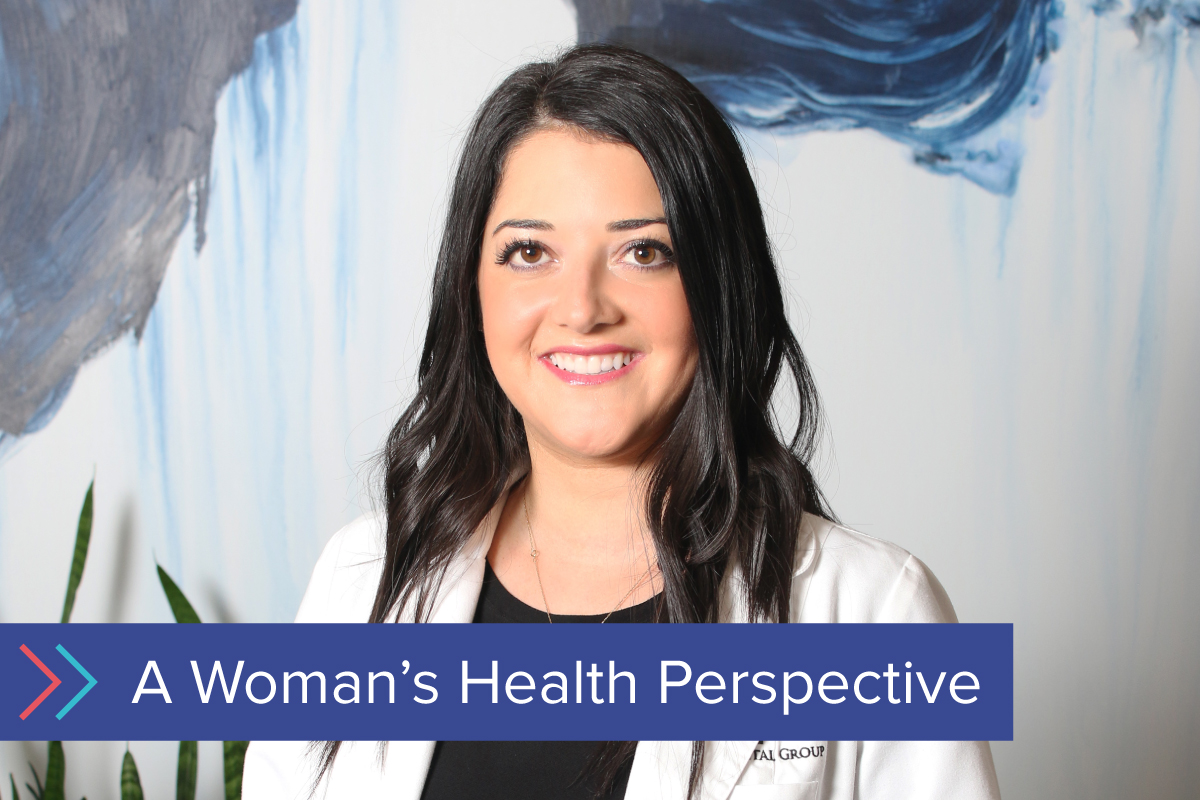This is a firsthand account submitted through SWHR’s Share Your Story portal, as part of SWHR’s Women’s Health Perspective series.
Twenty-six years ago, I was diagnosed with Graves’ disease with exophthalmos (defined as a bulging of the eyes). Prior to this autoimmune disease diagnosis, I was always struggling with breathing issues and asthma. During my diagnosis, because I was such a severe case, we tested my twin sister too, and she was diagnosed with slight hypothyroidism.
It was difficult navigating during the late 1990s, becoming a teenager and battling health issues. I was 12 years old and being made fun of for having “bug eyes”, but no one knew I had a health issue. Fortunately, I had a supportive family and twin sister, which made things easier to cope with at such a young age. A couple years later, at the age of 14, when none of the medications I was taking were working, I had a complete thyroidectomy. Since then, I have been managing asthma and different phases of the autoimmune condition. In dental school, I thought I was going blind, but I was soon told I had “severe dry eyes” from allergies. All my eye issues from 2000-2015 were diagnosed as severe allergies. I plugged my tear ducts to help, and symptoms were improving, so I went about my journey of becoming a dentist.
I became pregnant in 2015 and it was then that I was finally diagnosed with an acute phase of thyroid eye disease (TED). To say I was surprised and shocked is an understatement. I have had TED since age 12 but I wasn’t diagnosed until 2015, when the disease was at its worst. My only options at the time were symptom management until 2020, when I received the first treatment approved by the U.S. Food and Drug Administration (FDA) for TED, treating it at the source of the condition. Soon, though, I became part of a subset of people that was affected by the manufacturing of the COVID vaccine in 2020. The Defense Production Act, which was invoked during the pandemic, allowed the government to halt the production of several infusion medications, including my TED medication, so they could manufacture the vaccine.
During this time, though, I became an advocate for myself. I reached out to several non-profits to understand what my rights were. I attended and spoke at webinars. I have learned so much from participating in different programs for TED patients, such as the Art Therapy Program from Prevent Blindness.
Prior to the diagnosis, I was already going to therapy. In the middle of all my health issues, my son’s health took precedence, as we found out he has a rare congenital condition called anorectal malformation. Life as a woman is tough, but if we become more open and transparent about our struggles, we won’t feel “alone”. It is hard not to compare, but if we include all our stories and not compare them, I believe this would make life easier and happier. Normalizing that it is okay to not be “okay” shows vulnerability and thus connects us as humans. Connection, inclusivity, and awareness allow people to see what’s real – and not what social media perceives as real.
I want to help empower women with any conditions, whether health or mental conditions, or through challenging life circumstances. I want women to know you can have it all, but communicating your needs is key: ask for help, rely on others when you need it, and reveal your expectations so others can meet these needs. It is so important to not foster resentment towards your disease, or towards your support system. This is why I want to share my story, my struggles, and my life. A disease may try to define you, but I know that only I can control what defines me. Whether my thoughts, my actions, or my expectations – the common factor is me.
Layla is a member of the SWHR Eye Health Working Group.
